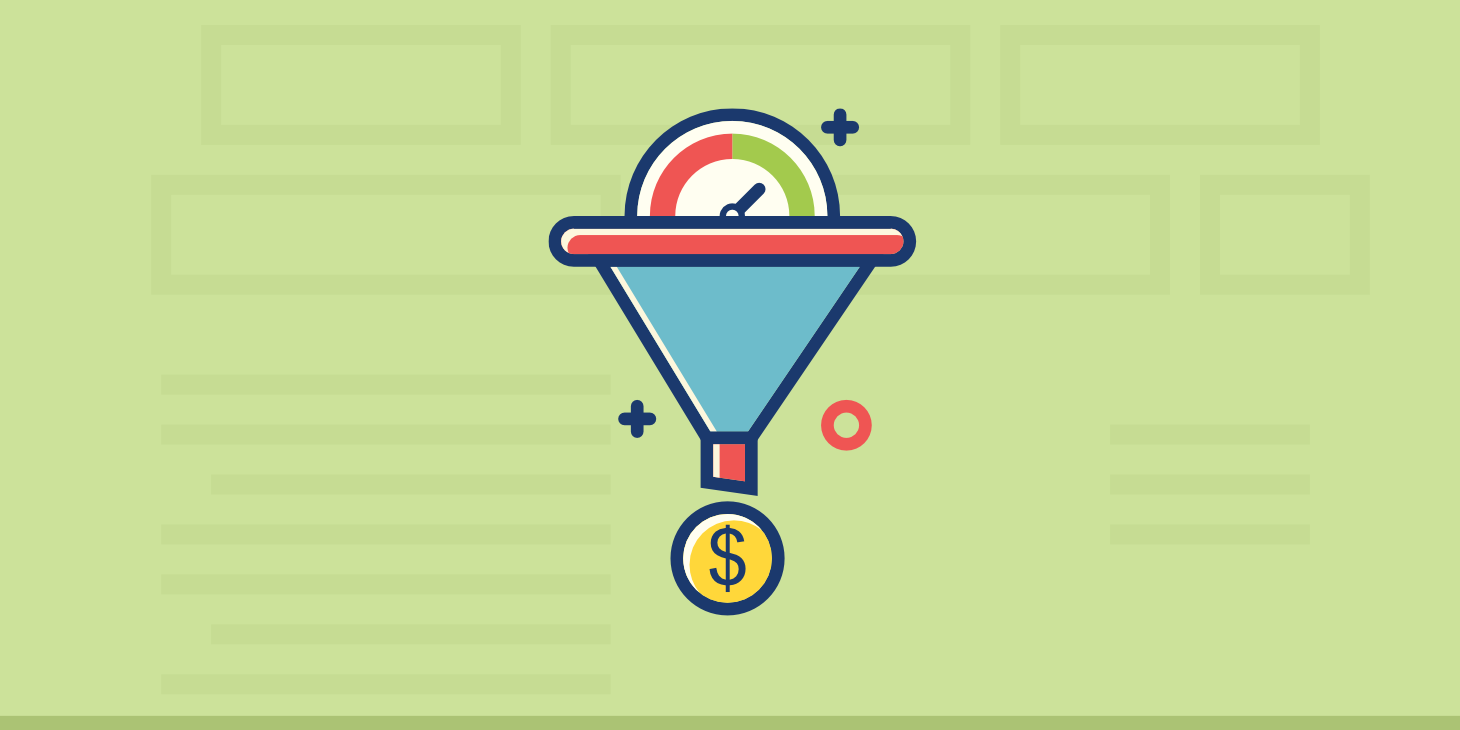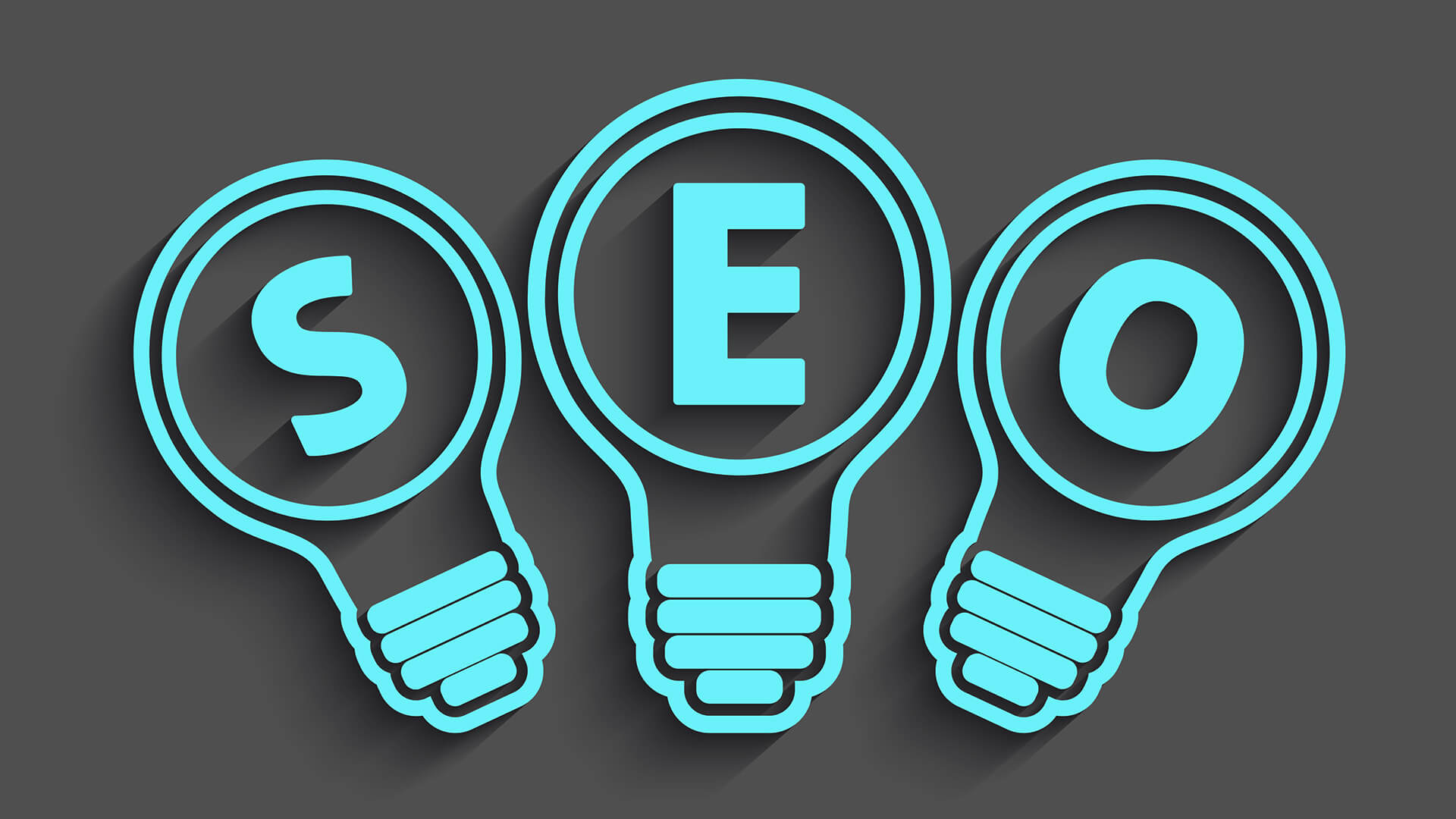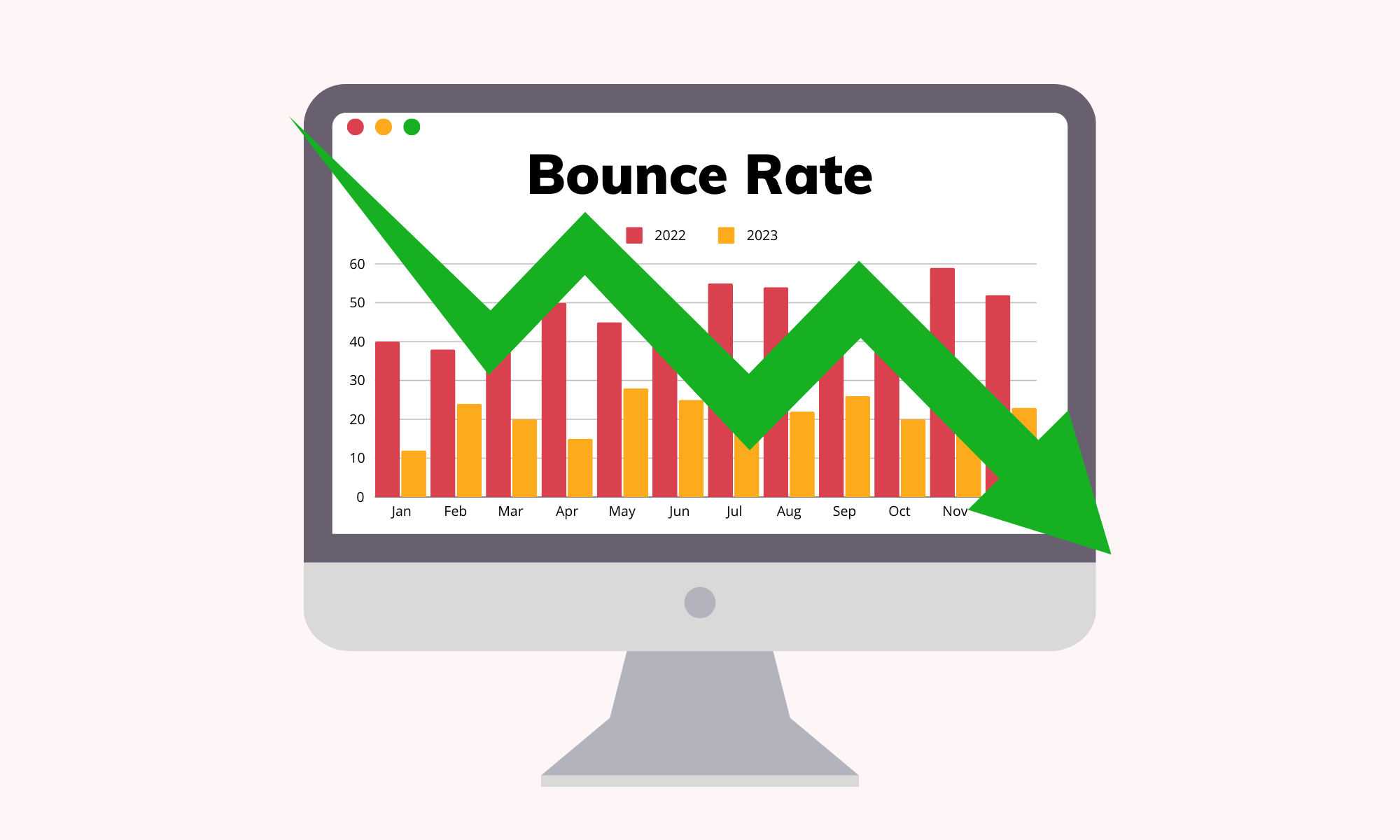Why Your Websites Load Time Could Be Costing You?
Whether you’re a startup or an established enterprise, users expect a seamless online experience—and that begins with how fast your site loads. Websites load time is not just a technical concern; it has a direct impact on your customer engagement, search rankings, and ultimately, your bottom line.
Websites load time
First impressions matter
A slow-loading site creates a negative first impression, suggesting unprofessionalism and lack of reliability. Studies show that users form an opinion about your site within milliseconds and if they’re still waiting for it to load, that opinion isn’t likely to be positive.
Impact on conversion rates
One of the most compelling reasons to optimize your website’s load time is the direct correlation with conversion rates. Research reveals that even a one-second delay in page response can result in a 7% reduction in conversions.

SEO & search rankings
A slow website can negatively affect your position in search engine results pages, making it harder for users to find your business online. Optimizing your website’s load time improves your SEO, helping you climb the rankings and attract more organic traffic.

Increased bounce rates
Users are unlikely to wait around for a page to load especially on mobile devices. A high bounce rate signals to search engines that your site may not be relevant or user-friendly, which can further hurt your SEO and reduce your online visibility.

Mobile performance
With the majority of users now accessing websites via smartphones, your site must be optimized for mobile speed. Mobile users are even less patient with slow sites, and a long load time could deter them from engaging with your content or completing a purchase.

Brand & trust
A fast-loading website instills trust and confidence in your audience, while a slow site can make users question your professionalism. In a competitive digital marketplace, every detail matters and a fast website helps position your brand as efficient, modern, and reliable.

How to improve?
- Optimize images and videos to reduce file size without compromising quality.
- Use browser caching to reduce loading times for returning visitors.
- Minimize HTTP requests and reduce the number of elements on a page.
- Enable CDNs to serve content faster to users across the globe.
- Reduce server response time by choosing high-performance hosting solutions.
- Minify CSS, JavaScript, and HTML to remove unnecessary code.
Conclusion
Your website’s load time is a silent killer of conversions, traffic, and customer trust. In a world where speed equals efficiency, even a minor delay can translate into lost revenue and missed opportunities. Investing in performance optimization is no longer optional, it’s essential for long-term success.







